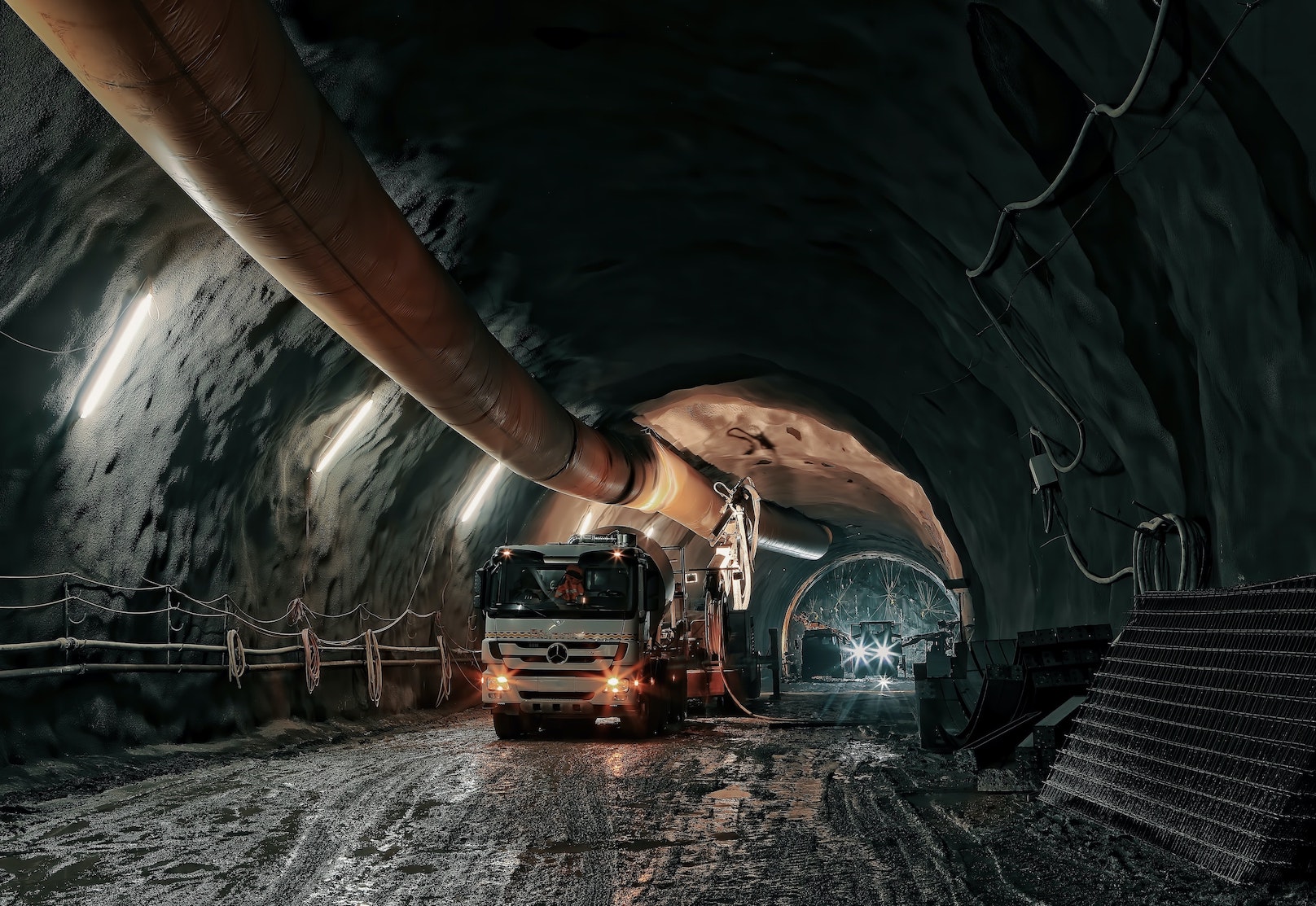Australia’s mining industry delivered a 10.4 per cent share of the Australian economy in the 2019-20 financial year, making it the most significant economic contributor with a $202 billion GDP. Resources like natural gas, coal, petrol, stone and sand, and cement fuel our way of life. But the practicalities of mining can be considered unethical in terms of ecological destructions, carbon emissions and pollution, land conflict, employee safety, and more. There is no single part of Australia or the world where the resource sector is operating without conflict. So, what does the balance of ethics in mining look like, and how can we reach a net positive impact.
Green Economy Example
A green economy is a low-carbon, resource-efficient economy that aims for sustainable development and reduced environmental risk and impact. In the wake of the Global Financial Crisis, the Green Economy initiative was set out by the United Nations in 2008, focusing on environmental investments into infrastructure as a critical tool for sustainable economic growth. These so-called ‘green buildings’, in turn, require the mining of minerals and metals, such as copper, nickel, and aluminium.
The relationship between green enterprises and mining, as an example, is an excellent place to start thinking about the nuances in the debate.
ESG issues
The explicit nature of mining makes it inherently more prone to ESG (environmental, social, governance) issues. This is how many critics will define a mining company as ‘bad’. Environmentally, some of the key considerations to make when analysing a company’s impacts and targets are water pollution, hazardous substances, deforestation, and greenhouse gas emissions. Speaking socially, we look at a company’s license to operate, its health and safety procedures and reports, and its human rights policies. The final pillar includes examinations into corruption, bribery, or incentivisation, business ethics and policies, and management.
These questions need to be asked across the entire value and supply chain. Internationally, this is especially important in mining being carried out in developing nations. Through the lens of a green economy, we have determined that mining is necessary and has positive attributes. However, we know that mining carries a cost and cannot be given ethical free reign. That cost needs to be balanced out and ensured, like everything in this world, that it is worth it.
Coming back to ‘net’
From an ESG perspective, everything must come back to the ‘net’ balance – as in the benefit should be in the positive. For example, the emissions from low carbon technologies like wind and solar are low once in operation. But on a full lifecycle basis, there is an environmental cost in manufacturing the items. The net benefit, however, is positive, and so the technology stays. Information across the entire scope of industry is integral to making better decisions as to whether something is worthwhile. Regulatory oversight needs to be steps ahead to ensure a company’s operations do not cost us more than they contribute. The consumer-company feedback loop here is also fundamental to operations. Stakeholders and decision-makers, everyone from corporate to investors, are aware of the power of consumer awareness. Profits can be driven accordingly to companies who are operating ethically and improving their ESG track record, with a high standard of transparency
Internationally enforced standards
Codes within the mining and resources sector are voluntary and self-enforced, meaning there is no overall enforced standard globally. To put a set of standards in play would be immensely challenging. Overall, this is down to the understanding that we have developed vs developing countries at stake. In some countries, dirtier commodities, like coal, are depended on for 90% of electricity generation, while others depend on less than 5%. These discrepancies make it complicated and potentially inequitable to have enforced standards on commodities.
Investors, stakeholders and communities can hold companies to better ESG standards
Engagement is critical. While companies have no obligation to enforced regulation practices, companies ultimately have a fiduciary duty to these independent parties, with stakeholders at all levels in a position (particularly investors) to drive positive change and a net positive impact on the world. Mining touches all aspects of ESG, so interest and capital must be allocated to companies committed to improving the way they operate, with a proactive ESG strategy and investments into practices to help make those positive transitions. Plans should include resolving existing conflicts, such as the economic imperative for mining on Indigenous/First Nations land, where local communities have use and rights. So too an inclusive and sustainable approach to supporting mining communities ensures that a company is not just spending money and then washing their hands of responsibility.
The mining company must operate in the most ethical way possible, and it is in the interest of the greater good and net benefit that they are held accountable. Good practices need to be intrinsic across the entire organisation, not just in one country or within a single asset. This is true ethically of the whole commodities and equities world.
